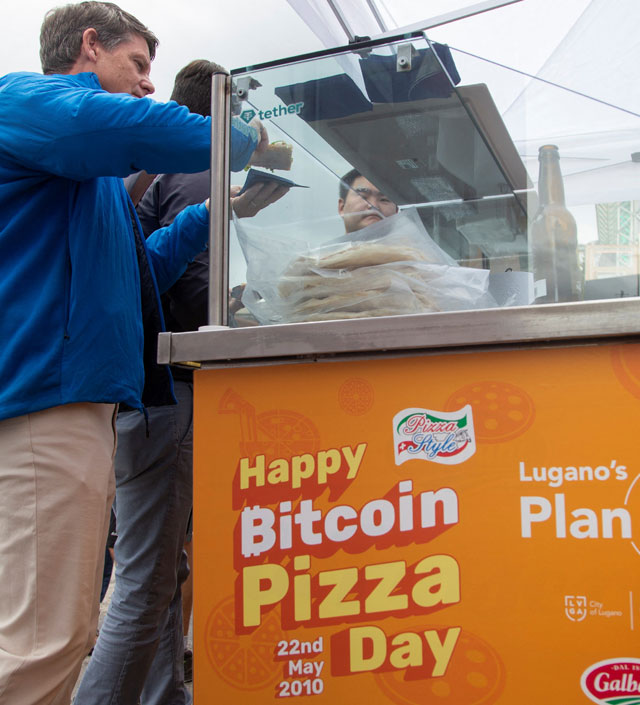Donald Trump’s World Liberty Financial crypto venture will launch a dollar-pegged stablecoin, it said in a statement on Tuesday, after raising more than half a billion dollars from selling a separate digital token.
The stablecoin, called USD1, will be fully backed by U.S. Treasuries, dollars and other cash equivalents and is designed to keep a value of $1, World Liberty said in the statement.
Dollar-pegged stablecoins such as Tether and USDC have ballooned in recent years and now act as a key cog in the multi-trillion dollar crypto trading industry, helping move funds between different cryptocurrencies or into regular cash.
Stablecoins in circulation currently total over $237 billion, according to data provider CoinGecko.
The tokens have become lucrative for their issuers in recent years as interest rates spiked. Tether, the issuer of the world’s biggest stablecoin, made over $13 billion in profits last year.
Zach Witkoff, World Liberty’s co-founder, said “sovereign investors and major institutions” would be able to integrate USD1 “into their strategies for seamless, secure cross-border transactions.”
USD1 will be “fully backed by a reserve portfolio audited regularly by a third-party accounting firm,” World Liberty said, without giving details of the accounting firm, or the date of its launch.
Founded two months before his victory in the U.S. presidential election, World Liberty’s creation was announced by Trump, his three sons and the wealthy real estate businessman Steve Witkoff, who is the father of Zach and now Trump’s Middle East envoy.
Trump, who campaigned on promises to be a “crypto president,” has pledged to overhaul U.S. rules on crypto and reverse a crackdown on the sector that took place under former President Joe Biden.
His crypto business interests, which include a so-called meme coin launched in January, have drawn criticism from government ethics experts and political opponents over potential conflicts of interest.
Bitgo And Binance
The World Liberty venture, which aims to allow people to access financial services without intermediaries like banks, said last week it has raised $550 million selling a crypto coin known as $WLFI.
Kevin Lehtiniitty, CEO of New York payments infrastructure firm Borderless.xyz said USD1 would face stiff competition from incumbents such as Tether and U.S. firm Circle, the issuer of USDC.
“While launching a stablecoin is easy, building an ecosystem that adopts it is a far harder task,” he said. “Is the President competing with other American businesses or will they find ways to partner?”
USD1’s reserves will be held in custody by California-based BitGo, World Liberty said. BitGo’s prime brokerage service will support USD1 by “providing institutional clients with access to deep liquidity and trading,” it added.
USD1 will be launched on the Ethereum and Binance Smart Chain blockchains – digital ledgers that underpin the movement of crypto coins. World Liberty plans to launch USD1 on other blockchains in the future, it added.
Binance, the world’s biggest crypto exchange, launched its so-called Smart Chain in 2020. It is the world’s fourth-largest blockchain by the value of assets held on it, according to CoinGecko.
Binance’s founder and former CEO Changpeng Zhao was last year sentenced to four months in a U.S. prison, after pleading guilty to violating U.S. laws against money laundering.
Binance paid a $4.3 billion fine after U.S. prosecutors said it had welcomed criminals and failed to report over 100,000 suspicious transactions with designated terrorist groups.
A spokesperson for Binance did not immediately respond to a Reuters request for comment about how the partnership came about.
This article was provided by Reuters.







